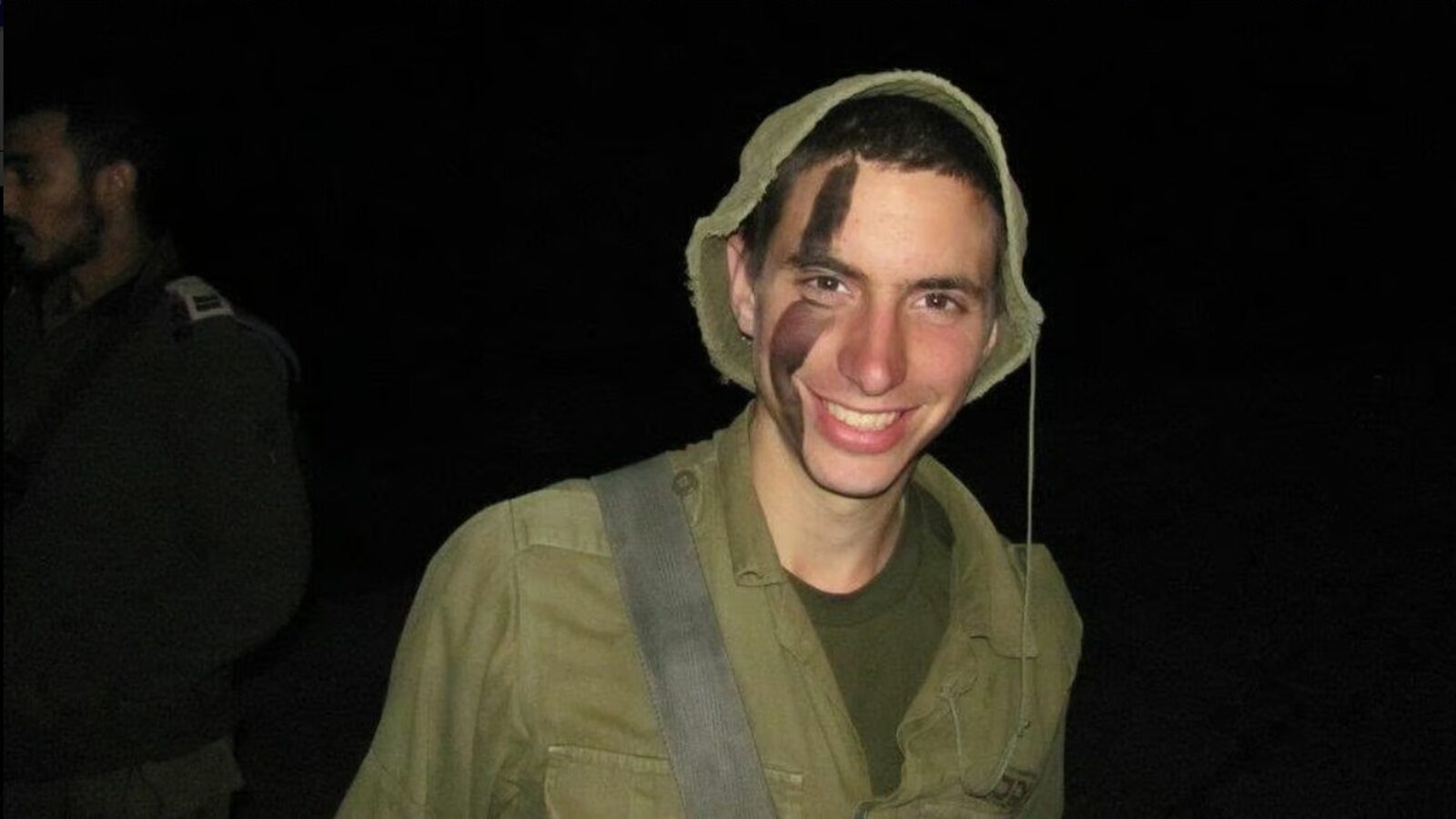The Politics of Remains: Hadar Goldin, Hostage Exchange Deals and Israel’s Red Lines
The unresolved case of Lt. Hadar Goldin continues to test Israel’s balance between humanitarian duty and national security as Hamas uses the fallen soldier’s remains for leverage in ceasefire negotiations
When Lt. Hadar Goldin was killed during the 2014 Gaza war and his body taken by Hamas fighters into a tunnel beneath Rafah, his name became permanently linked to one of Israel’s most enduring moral and political dilemmas. More than a decade later, Israel still demands confirmation and return of his remains—an unresolved case that continues to shape its policy toward Hamas and inform Israel’s terms in any ceasefire or hostage framework. Although a ceasefire is currently in effect, the Goldin case remains part of the political calculus whenever Israel reviews the terms of the truce or prepares for future negotiations.
Goldin, a 23-year-old officer in the Israel Defense Forces’ Givati Brigade, was part of an operation to destroy Hamas’ tunnel network when his unit came under attack during a ceasefire on August 1, 2014. He was declared dead soon afterward, but Hamas fighters retrieved his body before Israeli forces could recover it. The incident, known in Israel as the “Black Friday” of Operation Protective Edge, left the country shaken and raised questions about Hamas’ tactics and Israel’s procedures during truces.
His parents, Leah and Simcha Goldin, have since waged a relentless campaign pressing successive Israeli governments to bring their son home for burial. They argue that Israel should use every diplomatic and economic tool available, including conditioning aid to Gaza, to pressure Hamas.
Give the gift of hope
We practice what we preach:
accurate, fearless journalism. But we can't do it alone.
- On the ground in Gaza, Syria, Israel, Egypt, Pakistan, and more
- Our program trained more than 100 journalists
- Calling out fake news and reporting real facts
- On the ground in Gaza, Syria, Israel, Egypt, Pakistan, and more
- Our program trained more than 100 journalists
- Calling out fake news and reporting real facts
Join us.
Support The Media Line. Save democracy.
For years, Hamas refused to release Goldin’s remains without major concessions. The group also held the remains of Sgt. Oron Shaul, another soldier killed in the 2014 conflict. That changed in January 2025, when Israeli forces recovered Shaul’s body in a secret joint operation involving the Israel Defense Forces’ special operations units, including the Navy’s Shayetet 13, working alongside the Shin Bet security agency. His remains were identified at the Abu Kabir Forensic Institute and buried in Poria Illit, with President Isaac Herzog delivering a eulogy.
Goldin’s case, however, remains unresolved. On Saturday, November 8, 2025, Hamas claimed it had recovered Goldin’s body from a tunnel in Rafah’s Al-Janina neighborhood, on the Israeli-controlled side of the Yellow Line. The Israel Defense Forces confirmed that Hamas recovered seven bodies from the area but said they could not verify that Goldin’s body was among them. As of now, Israel has not received confirmation or possession of his remains.
For most Israelis, the duty to bring home every fallen soldier is a sacred principle rooted in Jewish burial traditions and the national solidarity forged through decades of conflict. Families of missing soldiers are viewed as carrying a collective burden, and campaigns to repatriate remains often command broad sympathy. Yet that moral expectation often collides with strategic caution: every concession risks strengthening Hamas’ leverage in future confrontations. Against that backdrop, Israel’s stated red lines include refusing high-profile prisoner releases solely in exchange for remains and insisting that any ceasefire or hostage framework address the accounting and return of the fallen.
The Goldin case continues to surface whenever ceasefire arrangements or hostage-release terms are discussed or revisited. Israeli leaders, including Prime Minister Benjamin Netanyahu, regularly invoke Goldin’s name when setting red lines for negotiations. The issue also appears in US-mediated discussions involving Qatar and Egypt, both of which serve as intermediaries between Israel and Hamas.
Until Israel can verify and retrieve Hadar Goldin’s body, his story will remain an open wound—one that embodies Israel’s struggle to balance humanitarian duty with national security.



